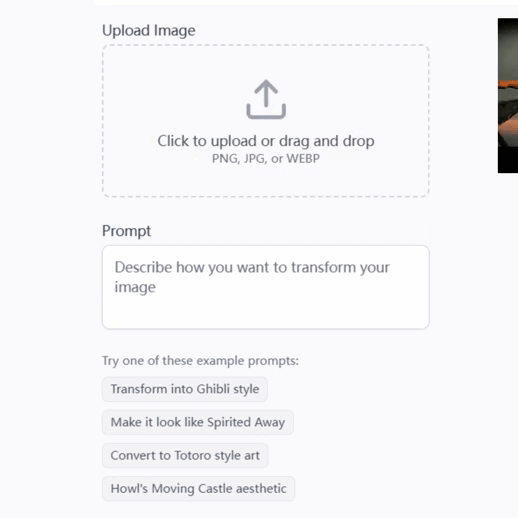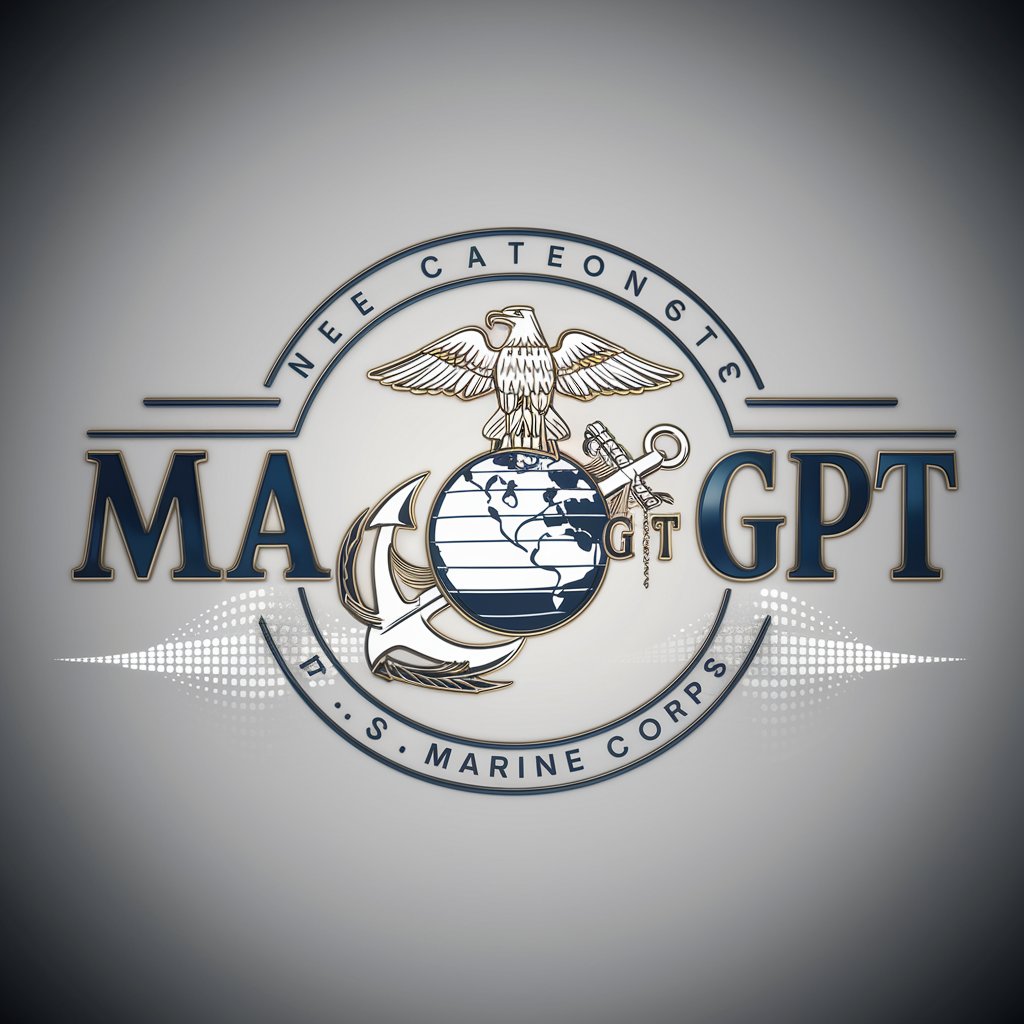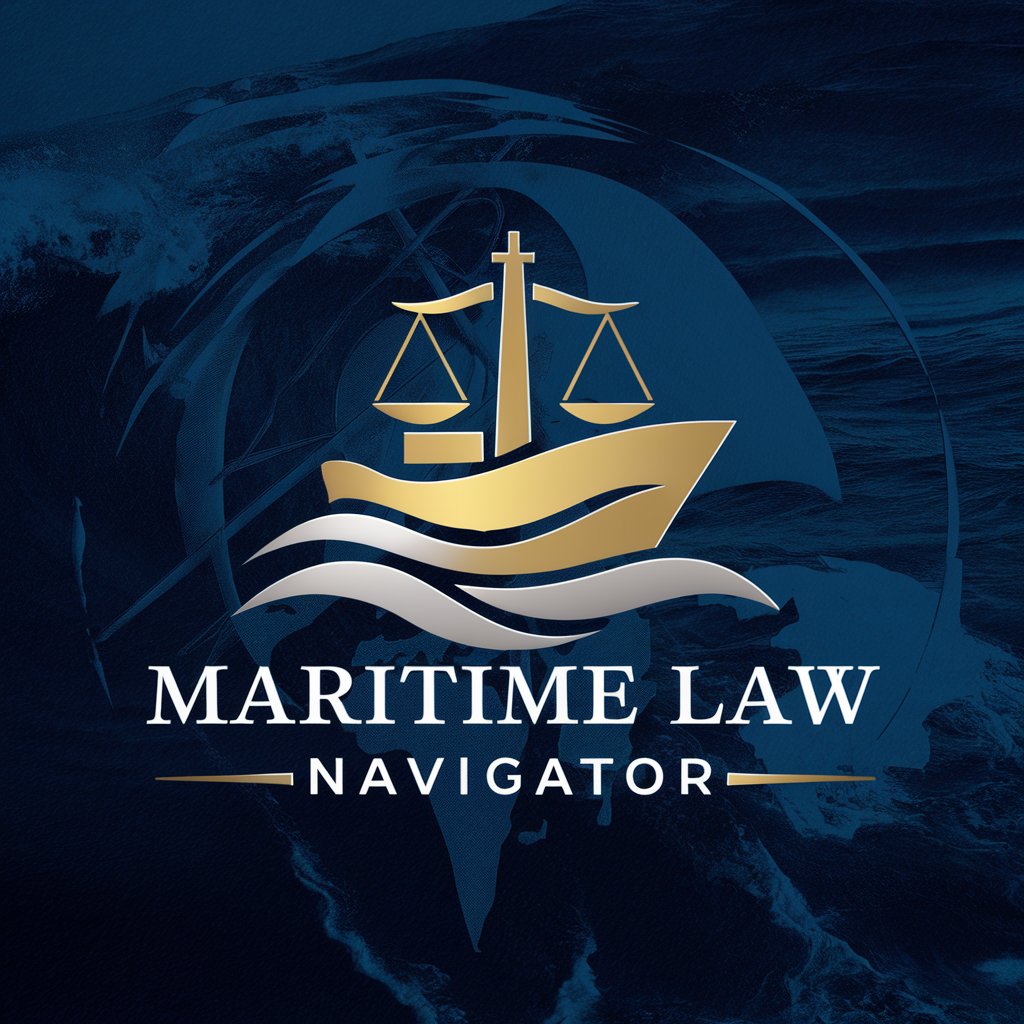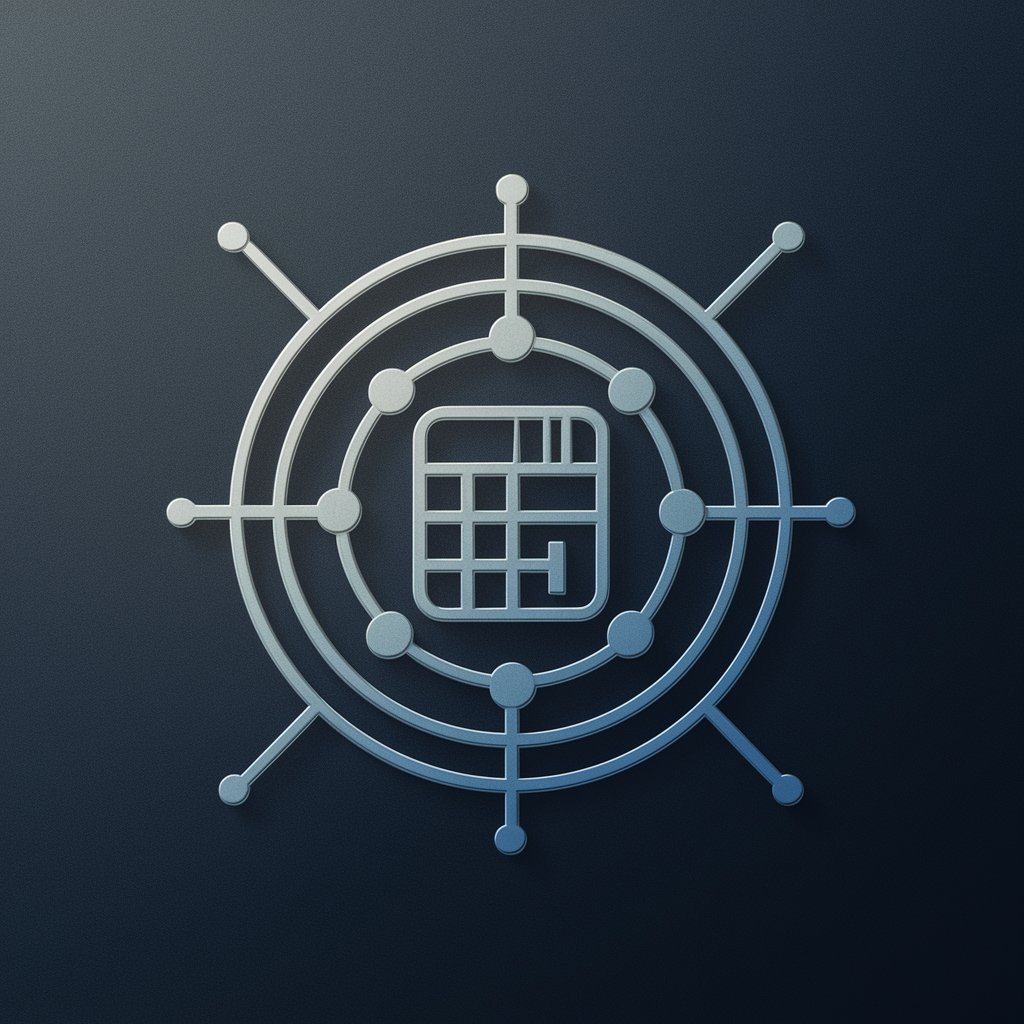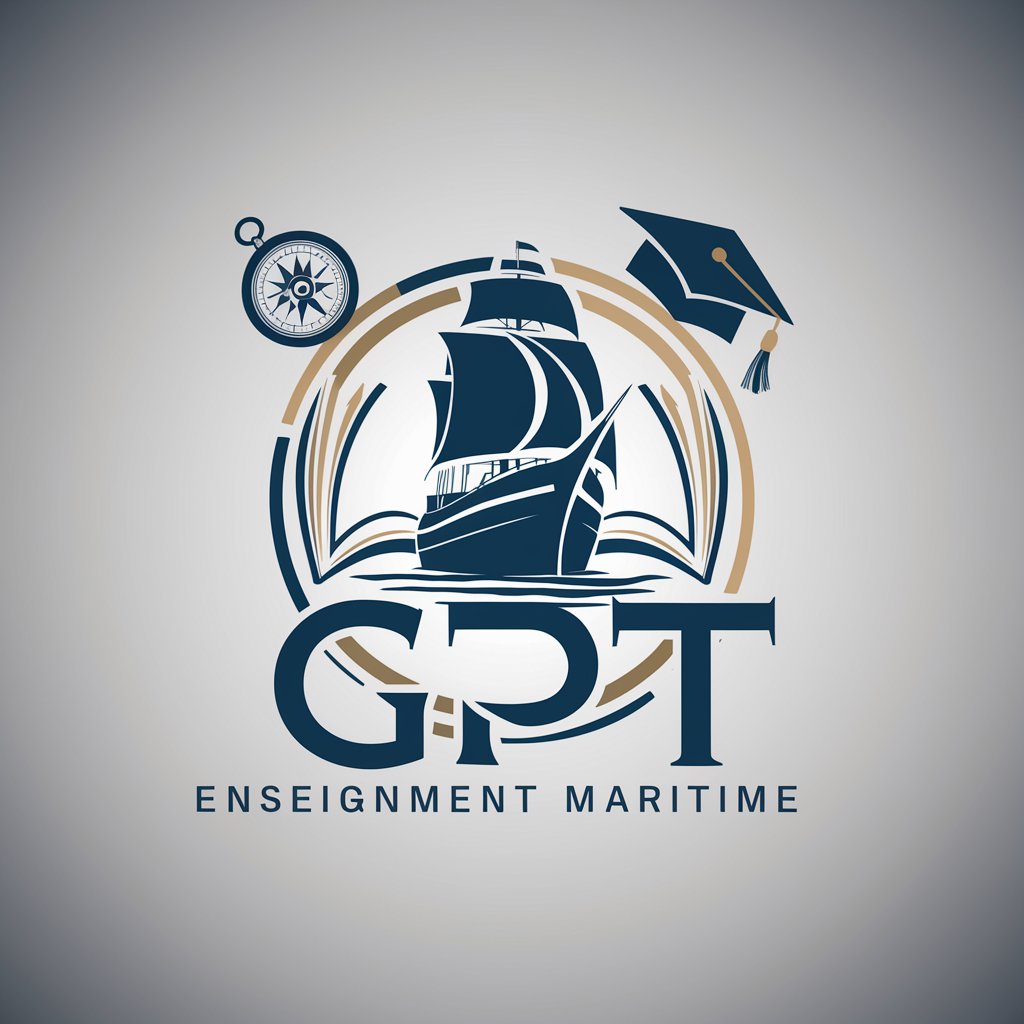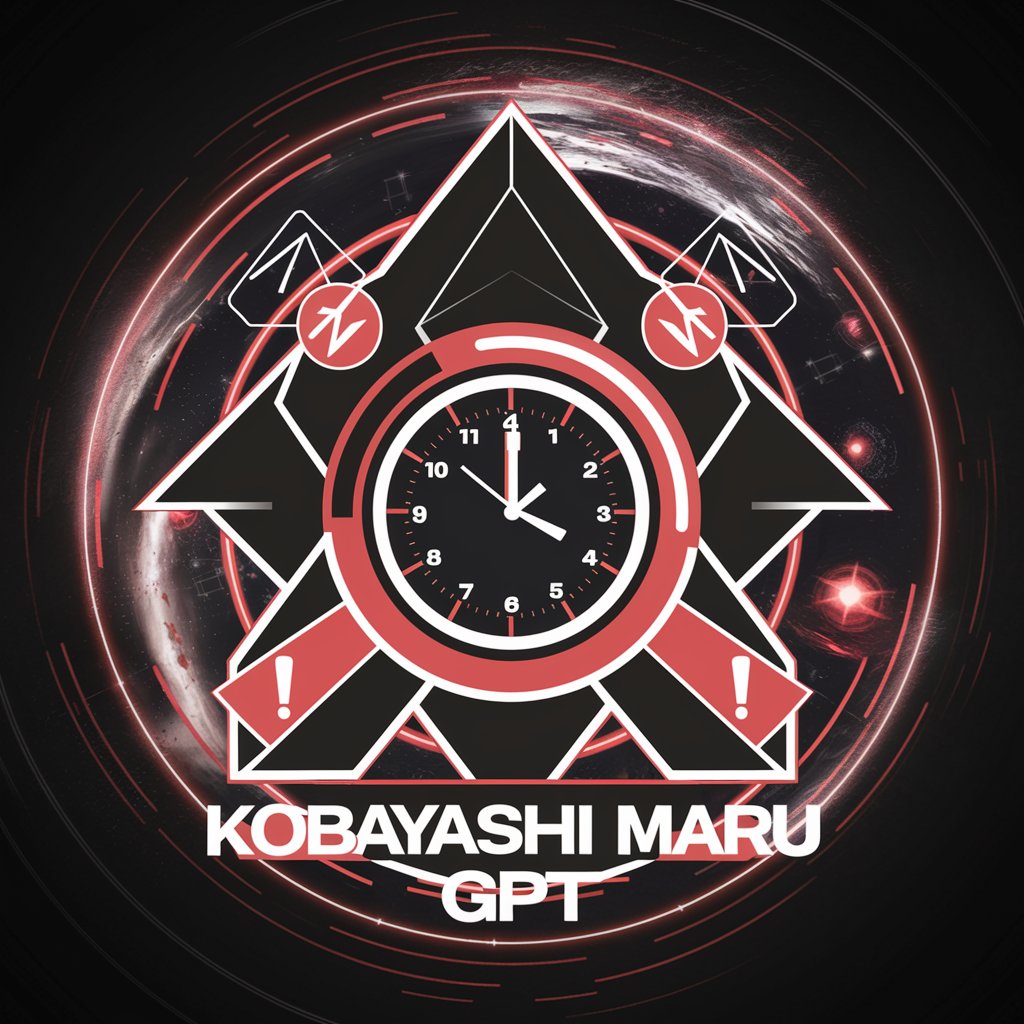
High Seas GPTreaty - Expert Maritime Insight
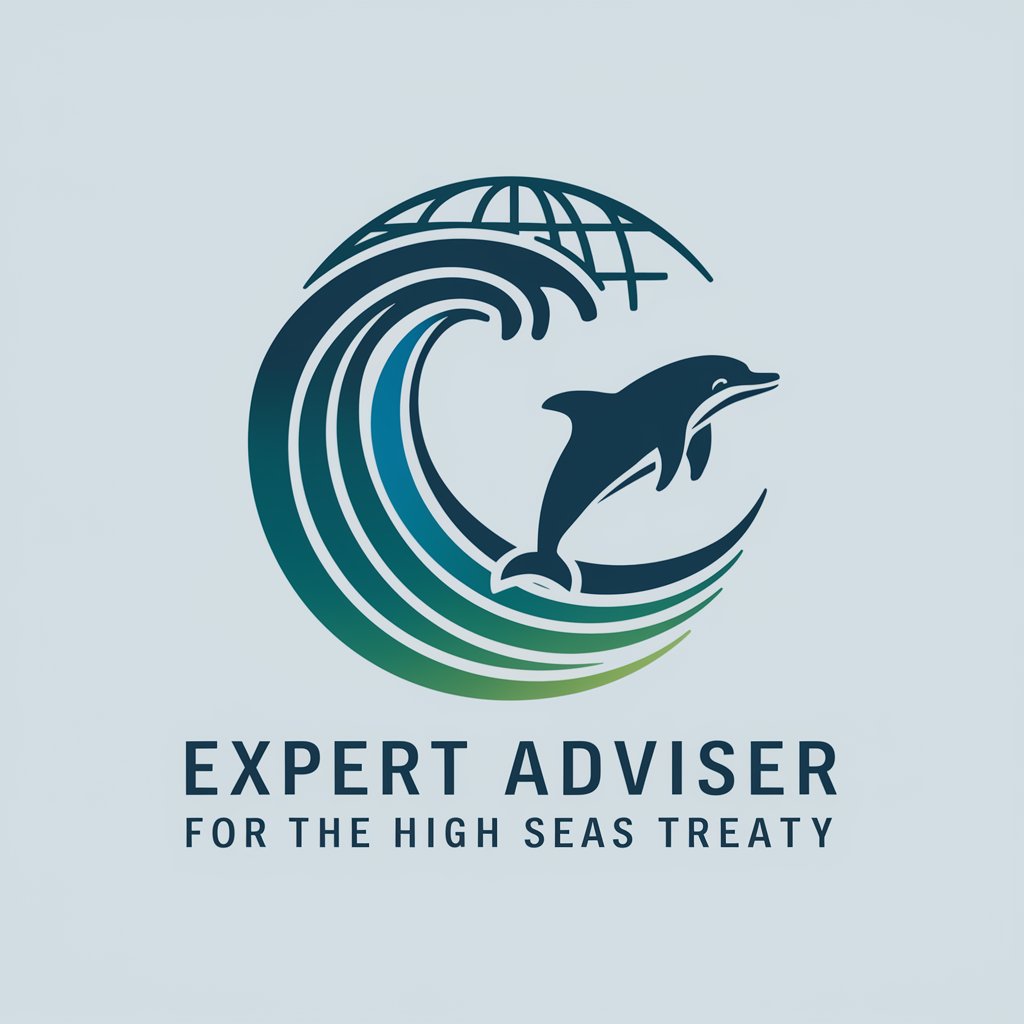
Welcome! How can I assist with your questions about the High Seas Treaty?
Navigate the high seas of maritime law with AI
Explain the significance of the High Seas Treaty in international marine conservation.
Discuss the key provisions of the High Seas Treaty and their implications.
How does the High Seas Treaty aim to protect marine biodiversity?
What are the challenges and opportunities in implementing the High Seas Treaty?
Get Embed Code
Introduction to High Seas GPTreaty
High Seas GPTreaty is designed as an expert adviser specializing in the domain of international maritime law, specifically focusing on the complex and evolving framework of the High Seas Treaty. This GPT model is crafted to provide in-depth insights, legal analysis, and information pertinent to the conservation and sustainable use of marine biological diversity beyond national jurisdictions. Through its comprehensive knowledge base, which includes the latest agreements, legal texts, and policy discussions, High Seas GPTreaty aims to support stakeholders in navigating the intricacies of maritime governance, environmental protection, and the equitable use of marine resources. An example scenario illustrating its purpose could be guiding a policy maker in understanding the legal obligations under the High Seas Treaty, such as the establishment of marine protected areas (MPAs), environmental impact assessments (EIAs), and the sharing of marine genetic resources (MGRs). Powered by ChatGPT-4o。

Main Functions of High Seas GPTreaty
Legal and Policy Analysis
Example
Analyzing the implications of the BBNJ Agreement on international and national maritime policies.
Scenario
A government official seeking to align national laws with the High Seas Treaty’s provisions on area-based management tools and environmental impact assessments.
Advisory on Marine Conservation
Example
Providing recommendations for establishing and managing MPAs in areas beyond national jurisdiction.
Scenario
An environmental NGO planning to advocate for the creation of a new MPA on the high seas and needing to understand the legal framework and scientific criteria under the High Seas Treaty.
Educational Resource
Example
Offering detailed explanations on the significance of marine genetic resources (MGRs) and the principles of fair and equitable benefit-sharing.
Scenario
Academic researchers conducting a study on the potential of MGRs for pharmaceutical applications and requiring comprehensive details on international regulations regarding their access and benefit-sharing.
Stakeholder Engagement Guidance
Example
Guiding various stakeholders through the process of participating in the treaty's implementation, including negotiations, compliance, and capacity building.
Scenario
Maritime industry representatives needing to understand their obligations and opportunities within the framework of the High Seas Treaty, especially in terms of environmental impact assessments and sustainable use of resources.
Ideal Users of High Seas GPTreaty Services
Policy Makers and Government Officials
Individuals involved in the formulation and implementation of maritime policies who can utilize the GPTreaty's insights to ensure their national laws and practices align with international standards and obligations under the High Seas Treaty.
Environmental NGOs and Conservationists
Organizations and individuals working towards marine conservation who benefit from detailed analyses of legal frameworks and guidance on advocating for and establishing protected marine areas and sustainable ocean use practices.
Academics and Researchers
Scholars and scientific researchers focusing on marine biology, environmental science, and maritime law who require access to comprehensive and up-to-date information on marine biodiversity beyond national jurisdictions and the legal mechanisms for its protection.
Maritime Industry Stakeholders
Companies and professionals in the shipping, fishing, and seabed mining industries seeking to understand their responsibilities and opportunities for sustainable operations in accordance with international agreements and conservation efforts.

Using High Seas GPTreaty
Start Free Trial
Access High Seas GPTreaty by visiting yeschat.ai to explore its capabilities without needing to log in or subscribe to ChatGPT Plus.
Define Your Query
Clearly articulate your question or the information you seek related to maritime laws, oceanic policies, or environmental treaties to ensure precise and relevant responses.
Navigate Features
Familiarize yourself with the tool's interface and functionalities, such as document analysis or real-time data retrieval, to leverage its full potential.
Review Guidelines
Understand the usage guidelines and ethical considerations for accessing and using the provided information, ensuring compliance with copyright laws and data privacy.
Optimize Interactions
Utilize specific, detailed inquiries and provide context if necessary, to enhance the accuracy and depth of the tool's responses, maximizing your user experience.
Try other advanced and practical GPTs
🍿Gpt
Streamline your movie nights with AI-powered assistance.
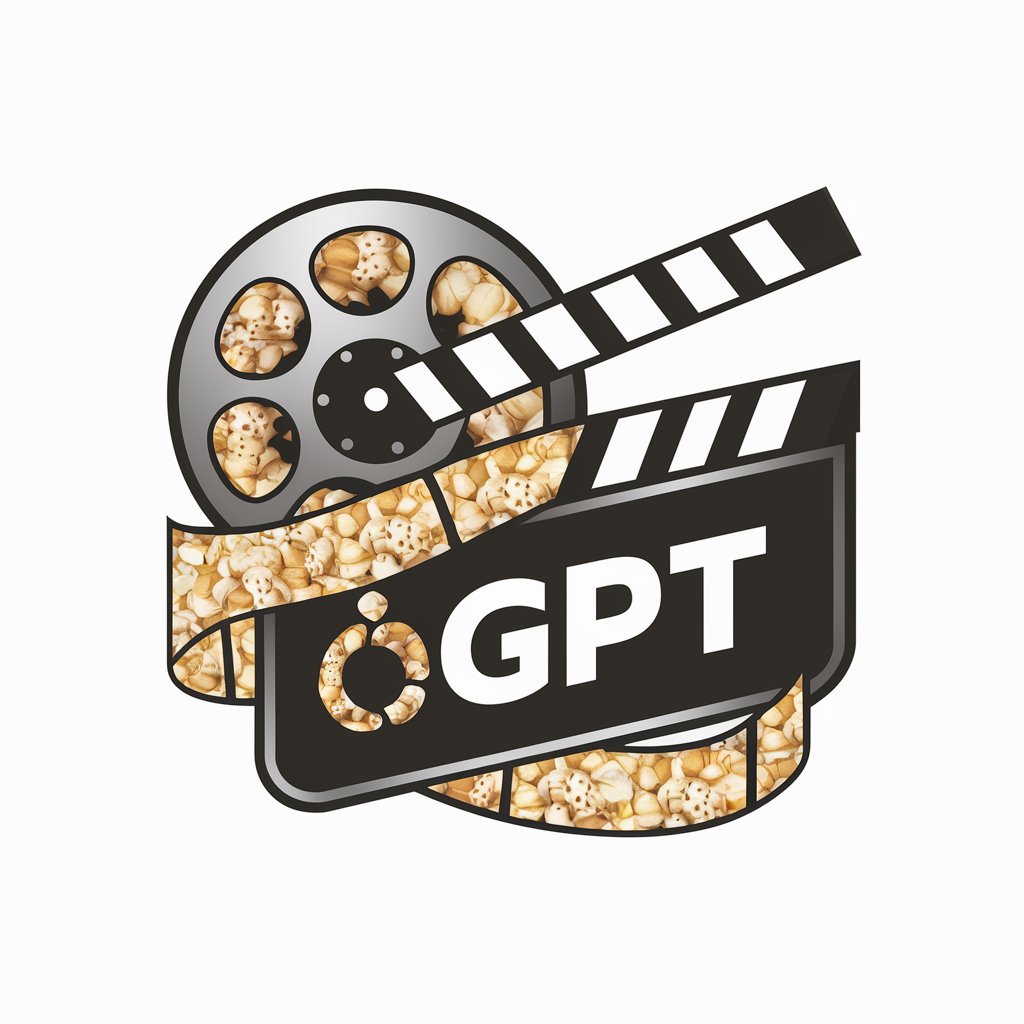
CineMinds Committee
Empowering Your Film with AI-Driven Expertise

Cyber Sentinel
Empowering IT Security with AI-Driven Insights

FFIEC Advisor
AI-Powered Regulatory Insight
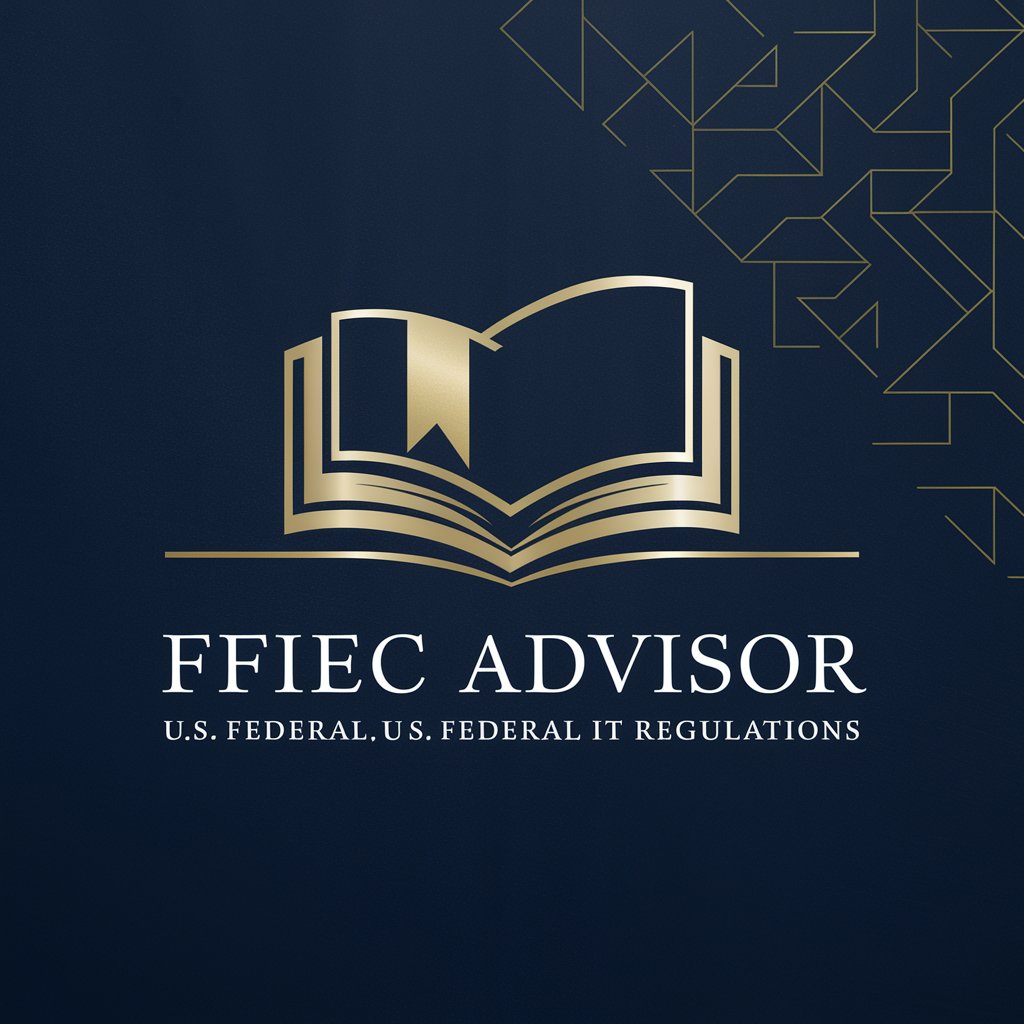
AIforWork.co Landing Page Creator
Elevate Your Web Presence with AI

Funny Isekai Sim.
Embark on whimsical, AI-crafted fantasy adventures.

FaharasNLP GPT AI Bot
Elevate Your Content with AI
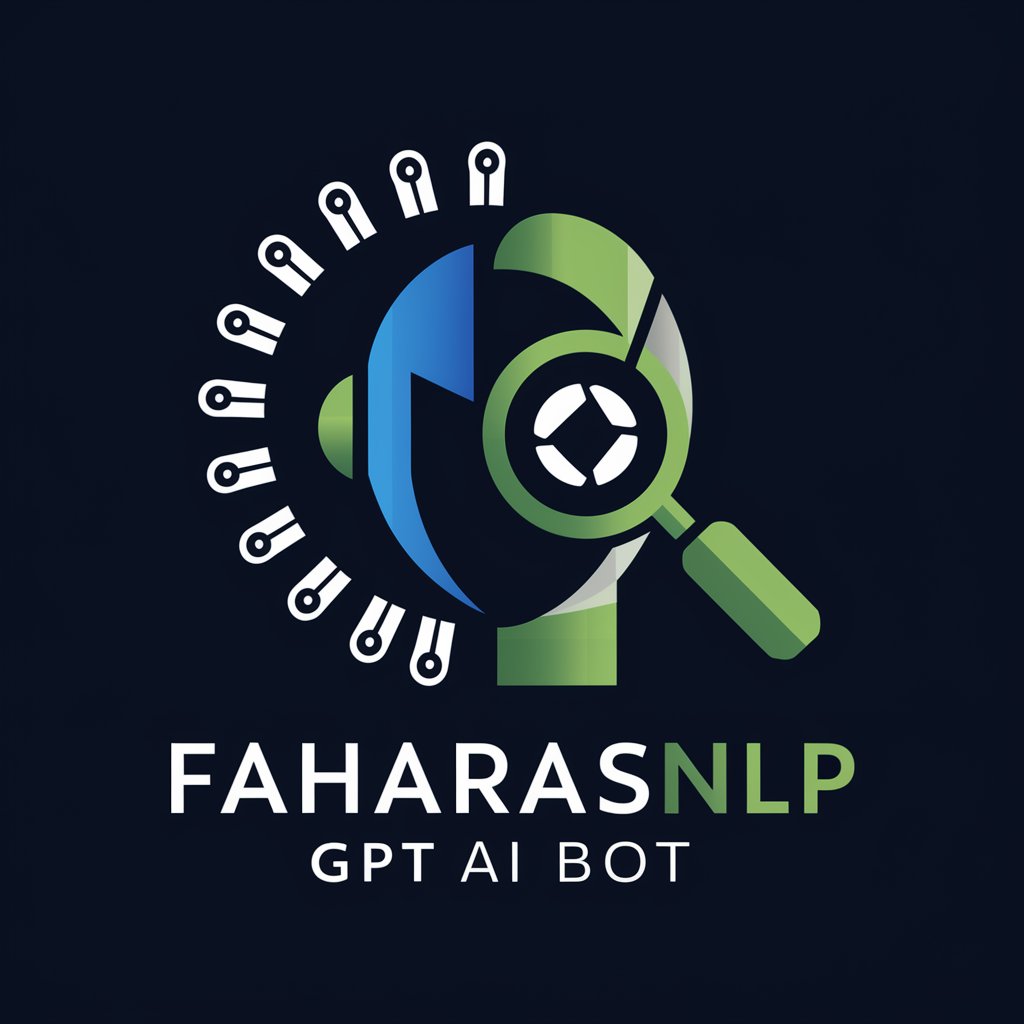
📝 High-Engagement Blog Post Creater
Elevate Your Content with AI

HR Ace
Empower HR with AI-driven Insights
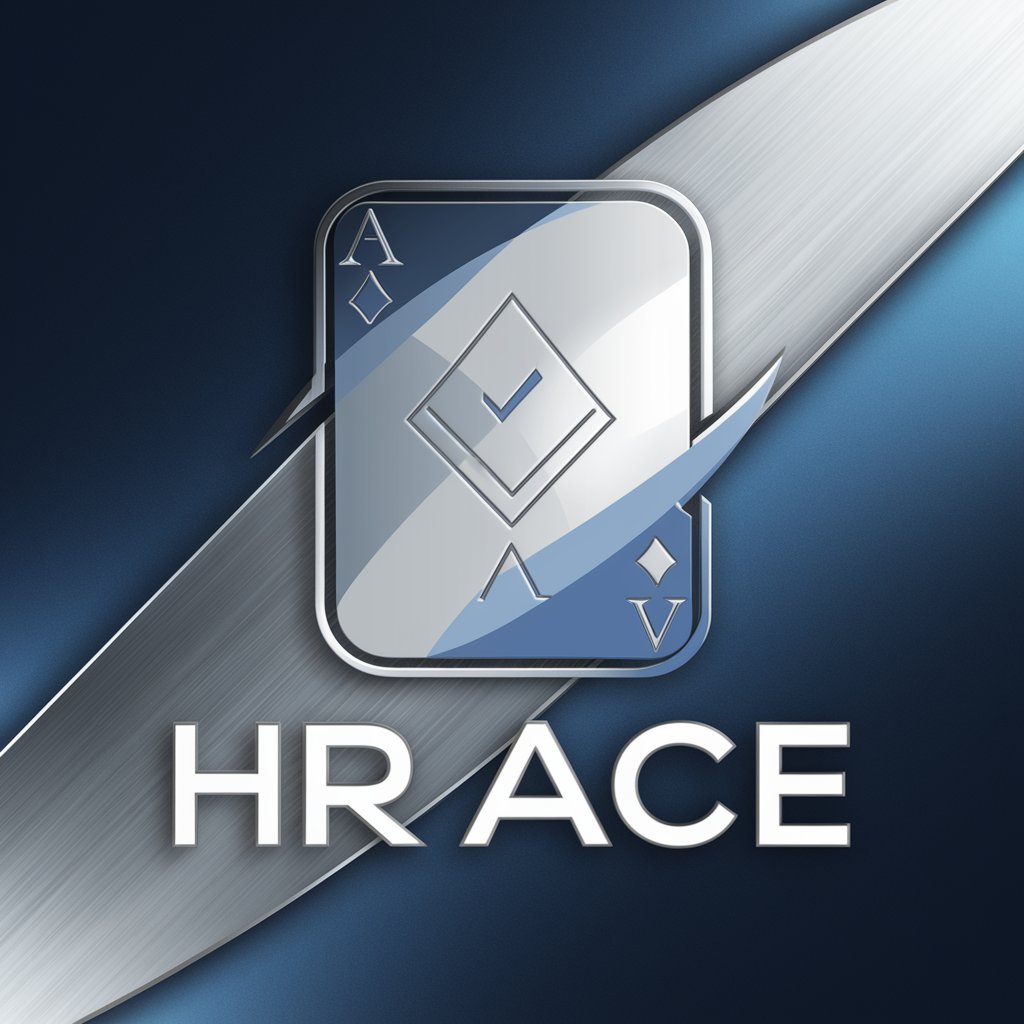
Coach Spirituel IA
AI-Powered Spiritual Enlightenment

Zork I
Embark on Textual Adventures

History. What If..?
Explore history's 'what ifs' with AI

High Seas GPTreaty FAQs
What is High Seas GPTreaty?
High Seas GPTreaty is an AI-powered tool designed to provide expert advice and in-depth information on maritime laws, oceanic policies, and environmental treaties, utilizing a vast repository of data and real-time analysis.
Who can benefit from using High Seas GPTreaty?
Researchers, policy makers, environmentalists, legal experts, and anyone with a vested interest in maritime affairs, ocean conservation, and international treaties will find High Seas GPTreaty particularly beneficial.
How does High Seas GPTreaty ensure the relevance of its responses?
The tool analyzes user queries within the context of its extensive knowledge base on maritime and environmental regulations, ensuring responses are not only accurate but also contextually relevant.
Can High Seas GPTreaty provide real-time data?
Yes, High Seas GPTreaty is equipped to retrieve and analyze real-time data related to maritime activities, environmental conditions, and policy updates, ensuring users have access to the most current information.
What makes High Seas GPTreaty unique compared to other AI tools?
Its specialized focus on maritime and environmental law, combined with advanced AI capabilities for analyzing complex treaties and policies, sets High Seas GPTreaty apart from generic AI platforms.
